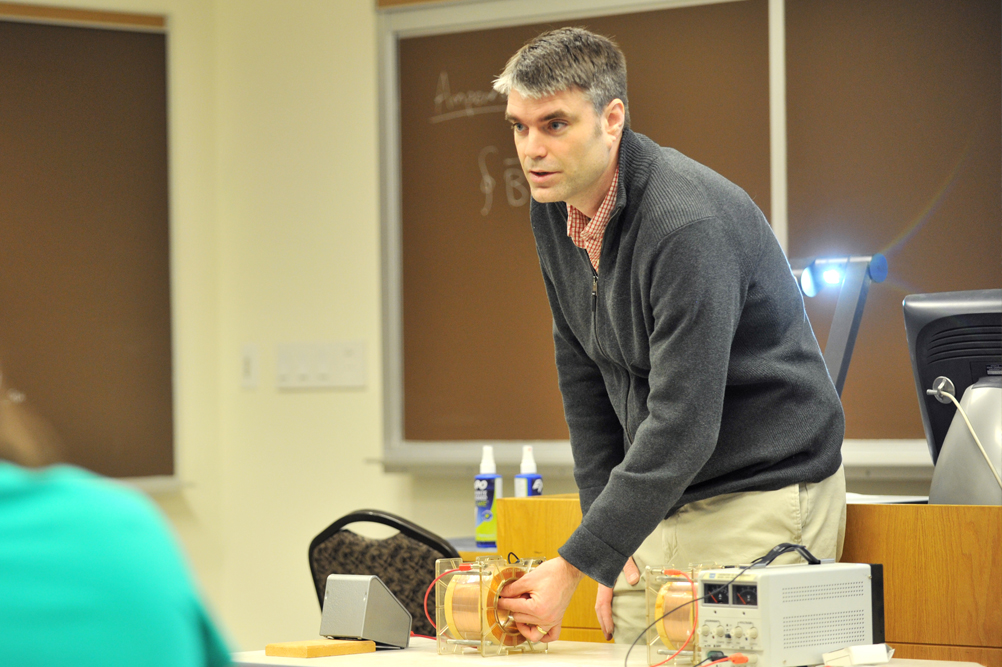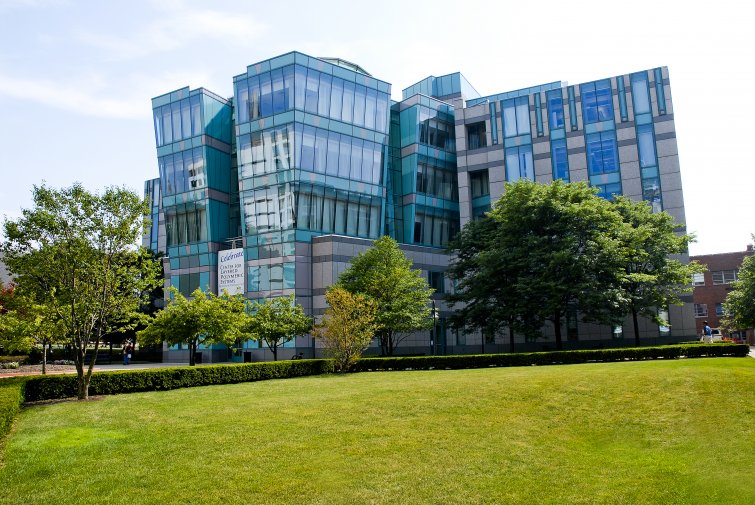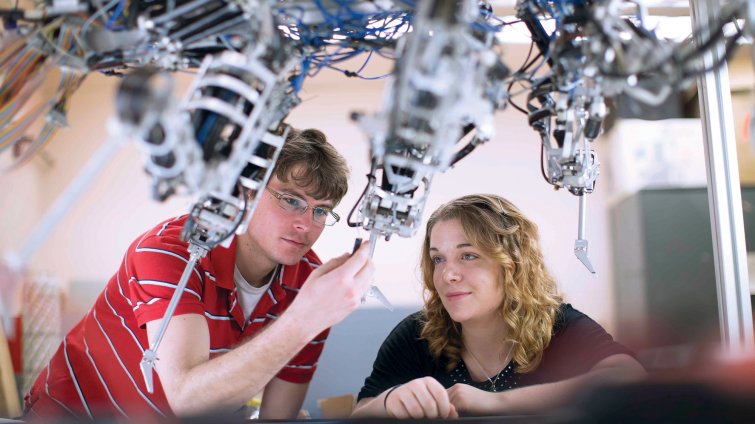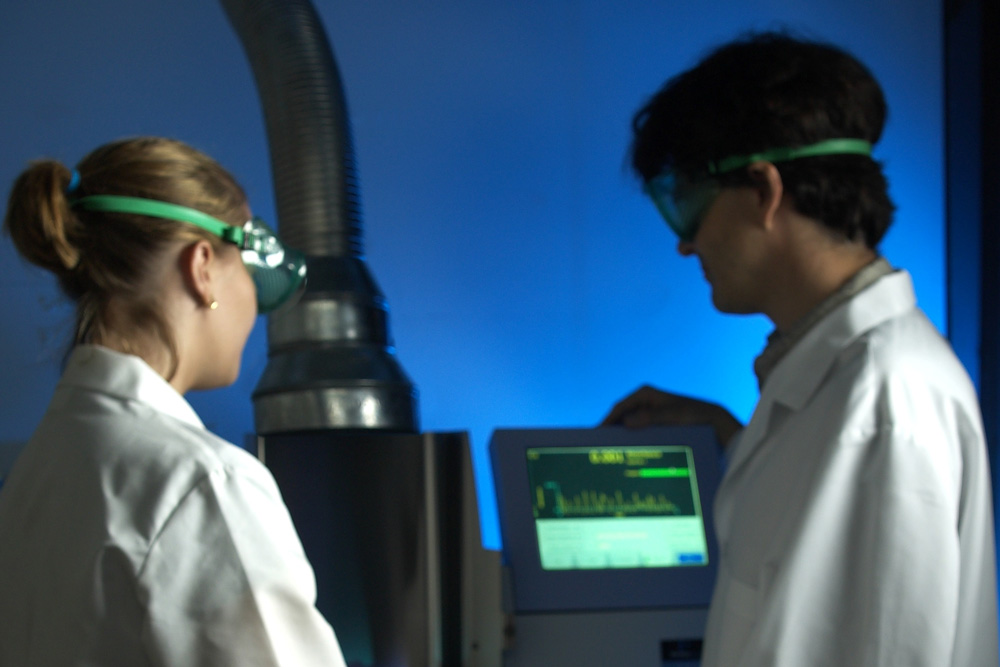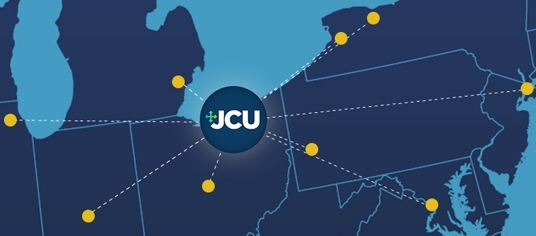Engineers are makers. They make things better, stronger, and from scratch. Good engineers possess both problem-spotting and problem-solving skills. Great engineers are known for not only their understanding of complex concepts, but for their creativity and ability to innovate. And the most successful, agile engineers can combine their hard science, quantitative background with immeasurable strengths like empathy, communications, teamwork, and other leadership skills.
Taking the time to build a strong mathematics and science base, while simultaneously developing your understanding of the humanities in courses like history, foreign language, and social sciences, honing your communications and writing skills, and stretching yourself as a professional and a person, will help you become an exceptional engineer and global citizen. The 3-2 engineering dual degree program helps provide great flexibility to take your time deciding exactly what type of engineering you want to do and what kind of person you want to become.
